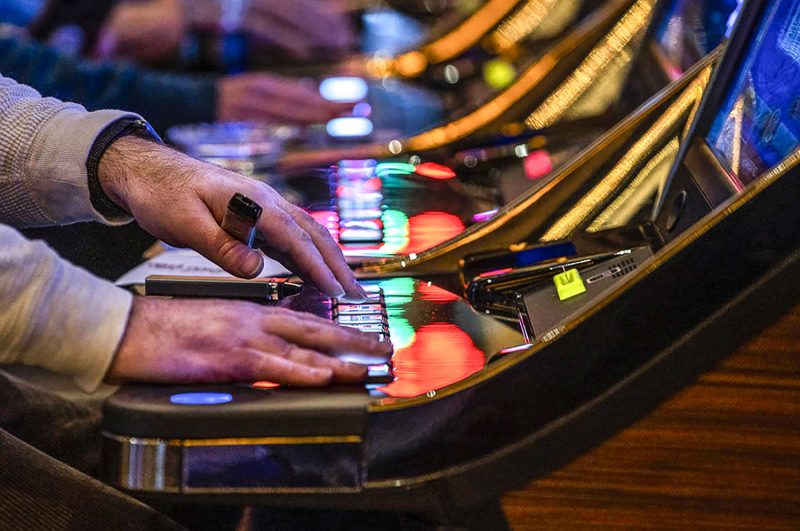In the fast-paced and ever-evolving world of the gambling industry, the issue of indoor smoking in casinos has long been a topic of debate. Recently, shareholders have taken a stand, pushing casinos to reassess their policies regarding smoking within their establishments. This move comes as part of a broader trend towards improving public health and wellness, as well as addressing the concerns of non-smoking patrons and staff.
Casinos have traditionally been synonymous with smoke-filled rooms and the distinct aroma of tobacco lingering in the air. For many, the act of smoking while playing table games or slots has been seen as an essential part of the overall casino experience. However, as society becomes more health-conscious and aware of the dangers of secondhand smoke, attitudes towards smoking in public places, including casinos, have begun to shift.
The shareholders advocating for a reevaluation of indoor smoking policies in casinos are primarily concerned with the well-being of all individuals who frequent these establishments. They point to research that highlights the harmful effects of secondhand smoke on both patrons and casino employees. Exposure to secondhand smoke has been linked to various health issues, including respiratory problems, heart disease, and even cancer. By allowing indoor smoking to continue unchecked, casinos are potentially putting the health of their patrons and staff at risk.
Furthermore, the push to reassess indoor smoking in casinos aligns with broader efforts to create a more inclusive and welcoming environment for all individuals. Non-smoking patrons, who make up a significant portion of casino-goers, often find themselves uncomfortable and even deterred from visiting these establishments due to the prevalence of smoke. By addressing the issue of indoor smoking, casinos can create a more inclusive environment that caters to a diverse range of preferences and lifestyles.
In addition to concerns about public health and inclusivity, shareholders are also keenly aware of the changing regulatory landscape surrounding smoking in public spaces. With an increasing number of cities and states implementing smoking bans in indoor areas, casinos that fail to adapt to these changing regulations may face legal and financial consequences. By proactively reassessing their indoor smoking policies, casinos can stay ahead of the curve and demonstrate their commitment to complying with evolving laws and regulations.
In conclusion, the push by shareholders for casinos to reassess indoor smoking policies marks a significant turning point in the ongoing debate surrounding smoking in public spaces. By considering the health and well-being of all individuals, addressing concerns of non-smoking patrons, and adapting to changing regulatory landscapes, casinos can position themselves as responsible and forward-thinking establishments. Ultimately, the decision to reevaluate indoor smoking policies not only benefits the public health but also contributes to creating a more inclusive and welcoming environment for all casino-goers.
